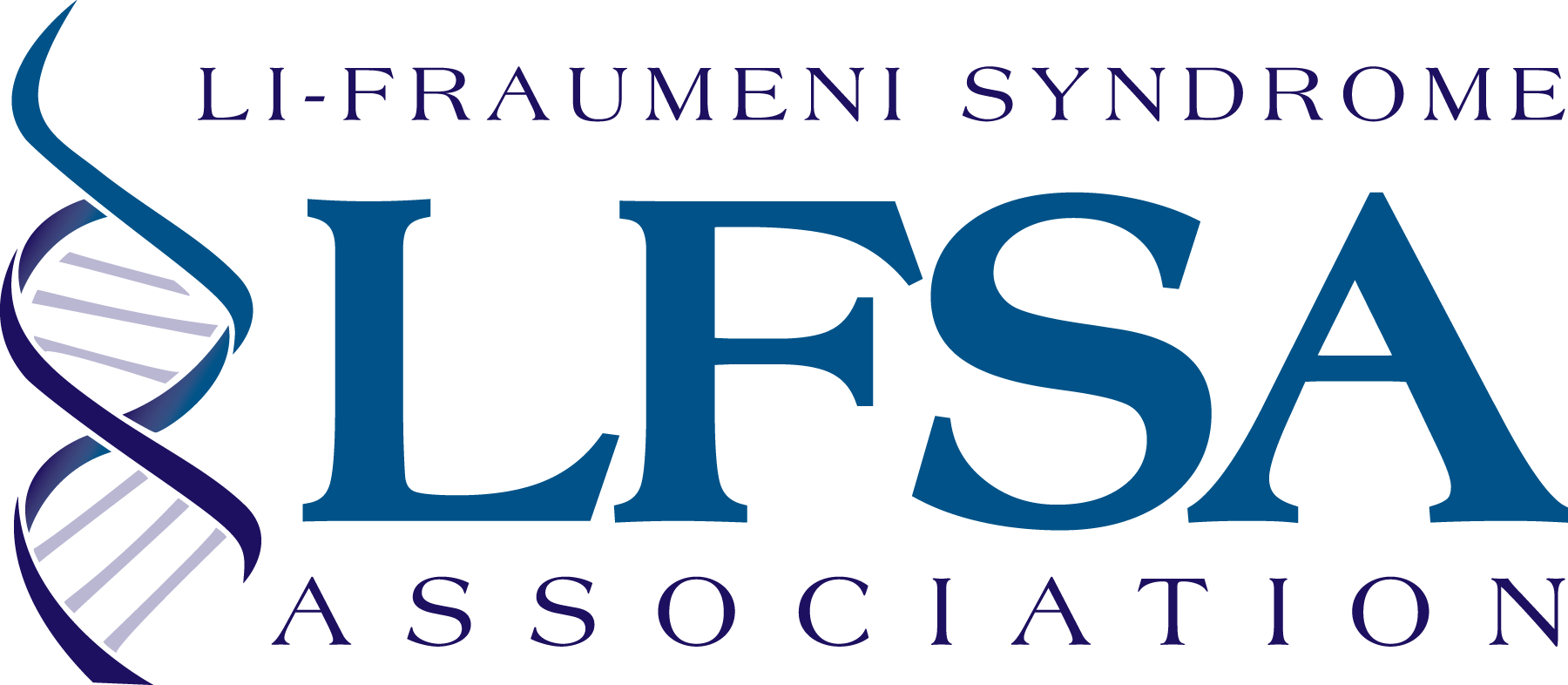My late son, Raphael Lee, was first diagnosed with rhabdomyosarcoma on his left forearm in 2008 when he was 8 months old. He underwent one round of chemotherapy before surgery to shrink the tumour. After surgery, he had to go for radiotherapy and another round of chemotherapy to eliminate any remaining tumour cells.

We were referred to Dr Joanne Ngeow, who heads the National Cancer Centre Singapore’s (NCCS) Cancer Genetics Service. Dr Ngeow advised us to send our family’s blood sample to a laboratory in Los Angeles for testing. Raphael’s and my test results came back positive for LFS while my wife was negative for LFS. Dr Ngeow shared that for most LFS cases, patients pass on before the age of 30, which was the case for my mother and brother. Although I was diagnosed with LFS at the age of 43, I’ve been lucky and had not been diagnosed with any cancer, but I am aware it may happen anytime in the future due to the syndrome.
Raphael was our only child and we had been trying to give him a sibling. However, we decided against having another child after the LFS diagnosis and learning our next child might have a 50% chance of inheriting LFS from me. We did not want another child to go through the same challenging journey as Raphael.
Since the diagnosis, I have been put on close surveillance so that any suspicious growth can be detected and treated early. While I understand the importance of this, I also had concerns about having to constantly undergoing tests and managing false alarms. True enough, in 2020 I was diagnosed with stage 2 colon cancer, but thankfully I recovered after treatment.
Subsequently, Raphael underwent surgeries to remove the tumours in his collarbone and lungs. In November 2020, when Raphael was 12, it was discovered that his lung cancer recurred. Unfortunately, Raphael suffered from excessive blood loss during the surgery, which resulted in brain damage and he passed on the following day.
Today, I often share with other LFS patients and their families about our LFS journey. Most of them are unfamiliar with LFS, so I try to explain in simpler terms for them to better understand the syndrome. I also share that LFS patients cannot be regarded as normal cancer patients.
One important thing I always highlight to others is the significant role of genetic testing and how it helps determine and manage one’s risk of developing certain diseases, and to receive the right treatment promptly. Genetic testing is also beneficial for couples who are planning to start a family of their own and individuals with a family history of certain cancers. It will allow couples to make an informed decision and know what to expect if they test LFS positive.


